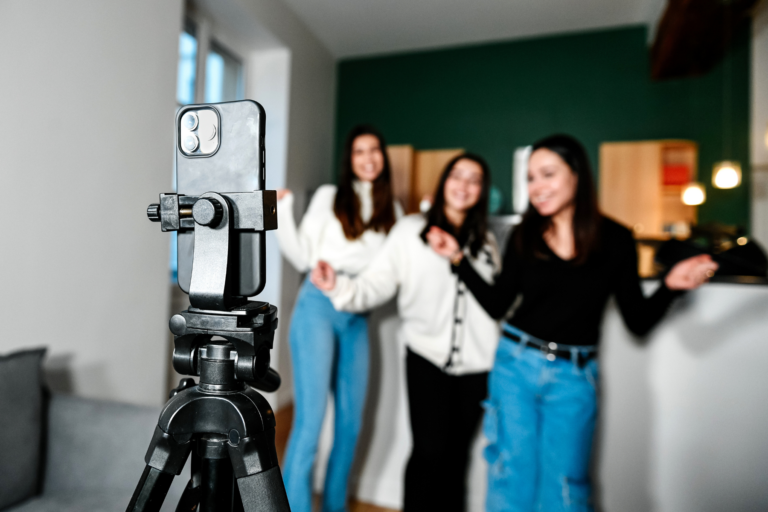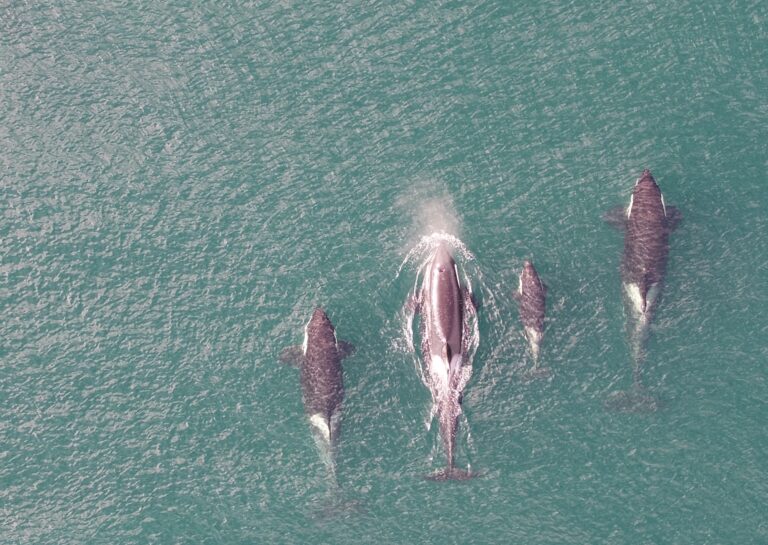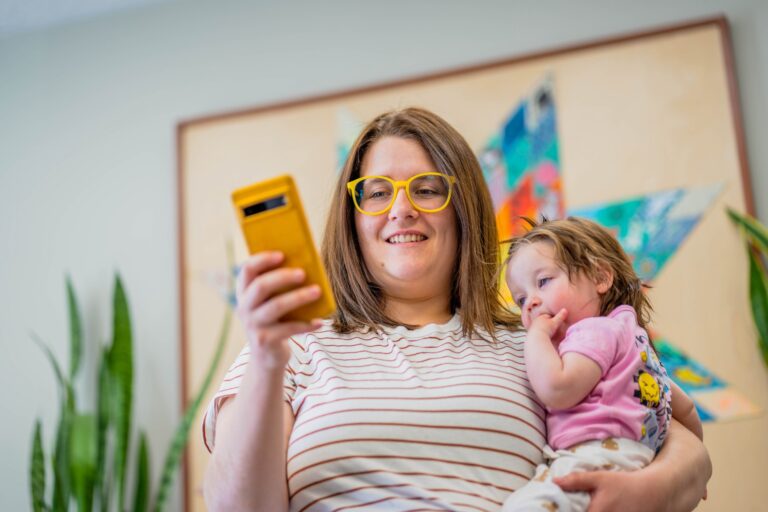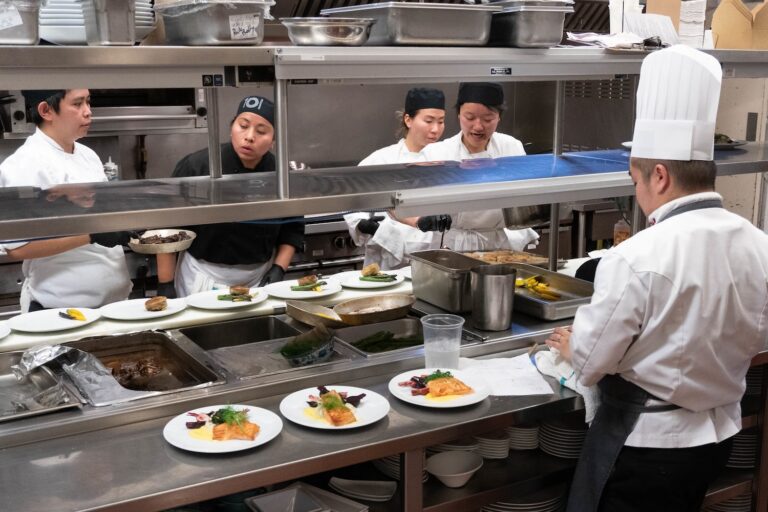UBC program strengthening STEM pathways for Indigenous youth
seed2STEM helps to improve representation of Indigenous students in the academic disciplines of science, technology, engineering and mathematics.
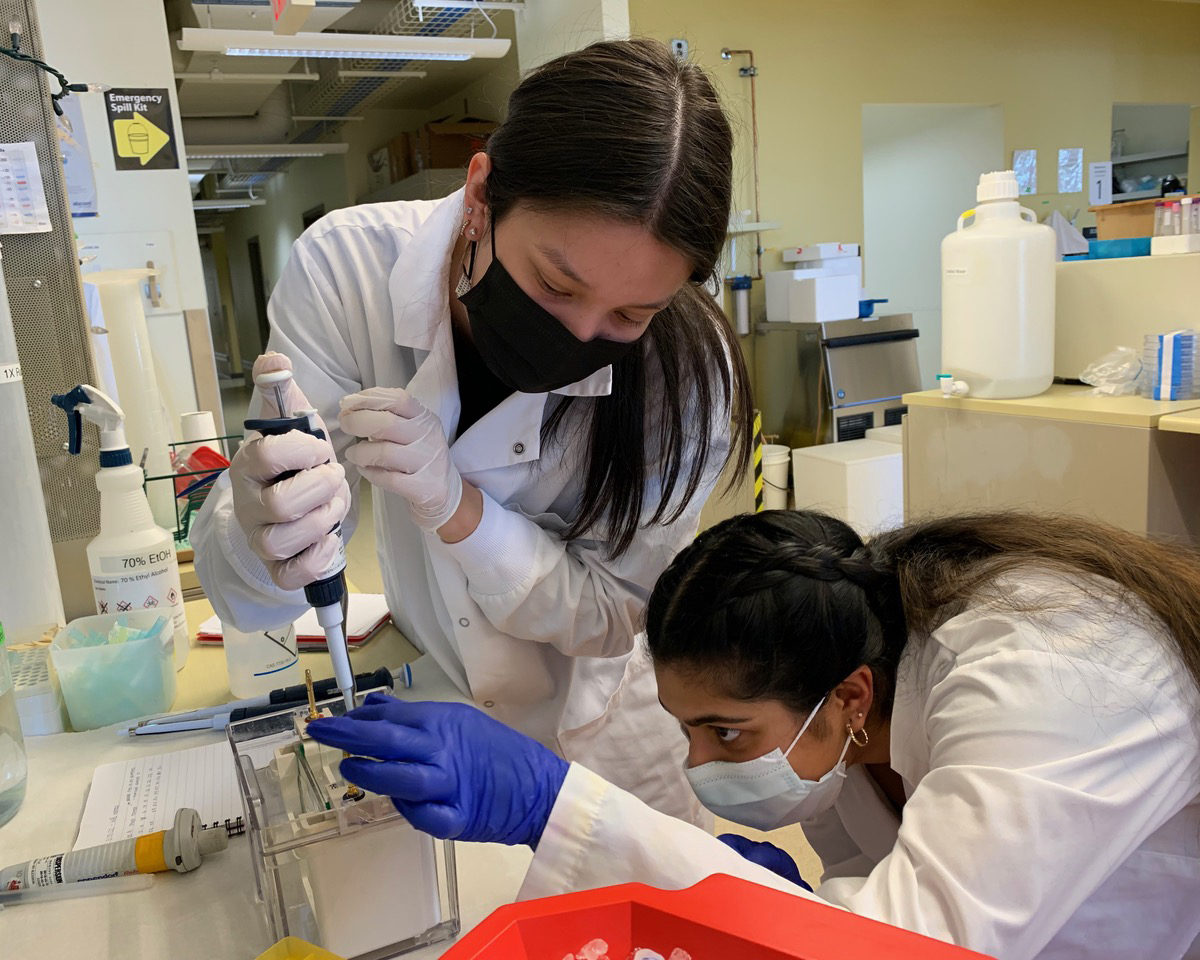
seed2STEM offers paid summer internships, integrating Indigenous knowledge with research innovation
As a child, Shana George always loved science class. But it wasn’t until she spent a summer during high school working in a UBC research laboratory that she realized the possibilities that could come from pursuing post-secondary studies in science.
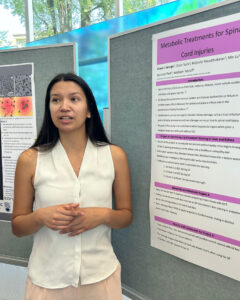
“I think it’s just amazing how science can help people,” says George, who is from the Squamish Nation. “I realized that by pursuing a career in science, I could maybe make a difference in people’s lives too.”
During the summer of 2019, George spent six weeks with seed2STEM, an innovative program at the University of British Columbia that invites B.C. Indigenous youth in grades 9-12 to participate in six-week paid summer internships in research labs on either the Okanagan or Vancouver campus.
Now a second-year biology student at UBC Vancouver, George says her seed2STEM experience planted a dream to one day become a physician or medical researcher. She hopes to apply to medical school after she finishes her undergraduate studies.
“I have been told that there are people in my community who look up to me and want to go to university, too,” says George. “I hope that I can inspire others to pursue higher education as well.”
Planting the seed to pursue a future in STEM
The goal of seed2STEM is to help improve representation of Indigenous students in the academic disciplines of science, technology, engineering and mathematics, also known collectively as STEM.
The program was created by the International Collaboration on Repair Discoveries (ICORD)—a spinal cord injury research centre supported by UBC’s Faculty of Medicine and Vancouver Coastal Health Research Institute. seed2STEM is a partner with UBC’s School of Biomedical Engineering and the Gynecologic Cancer Initiative.
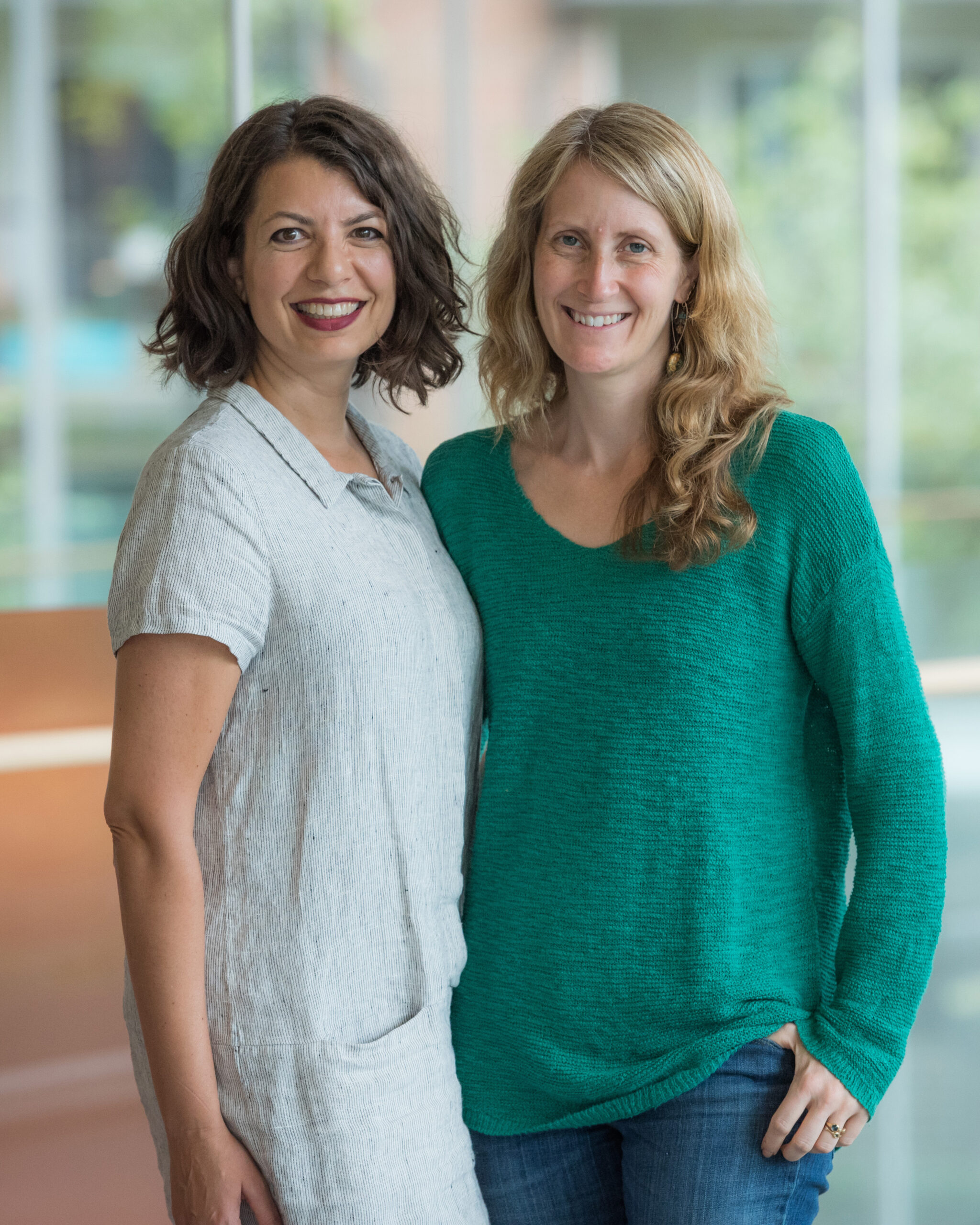
Students have an opportunity to help in the lab, contribute to short-term research projects, and take part in weekly learning modules and field trips.
“Our primary goal is to create a bridge to STEM and help dismantle barriers to post-secondary education for Indigenous youth in B.C.,” says Dr. Corree Laule, associate director of education for ICORD and co-founder of the seed2STEM program. “Our research teams here at UBC also benefit from the knowledge, lived experience and energy that the students bring to the lab.”
seed2STEM also supports host labs by offering training on Indigenous issues and cultural safety before students arrive.
“It’s important for the students’ colleagues to understand some of the reasons why Indigenous people are underrepresented in STEM,” says Cheryl Niamath, ICORD communications and administrative manager and co-founder of seed2STEM. “We want to make sure that happens before students arrive, so they feel welcomed and supported.”
Since it launched, seed2STEM has already seen significant interest and growth. From just one student in 2018, the program has grown to include 19 students last year—15 at UBC Vancouver and four at UBC Okanagan. The program’s alumni are invited to return each year, and some participate in longer internships as undergraduate students in which they serve as mentors for new high school students.
Students are offered stipends, transit passes, and loaner laptops to help ensure the program is accessible. The program recently received two years of funding from UBC Faculty of Medicine Strategic Investment Fund to expand the program across the faculty this summer.
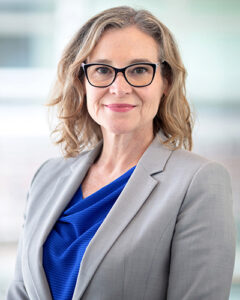
“We want to try to reduce barriers to participation by covering student costs, where possible,” adds Niamath. “We are hopeful that we can secure long-term funding to ensure the program’s ongoing sustainability for future students.”
Creating an environment where everyone feels welcome
Dr. Kathleen Martin Ginis—a professor in UBC Okanagan’s School of Health and Exercise Sciences whose lab specializes in community-engaged research for people with spinal cord injuries—attests to the program’s impact.
In her lab, seed2STEM students get hands-on research experience, from transcribing research interviews to conducting data analysis. She says the fresh perspectives and questions that the students bring to her lab through the program have been especially valuable.
“The first year we participated in the program, these amazing students just brought this level of energy that we hadn’t had in the lab since before the pandemic,” she recalls.
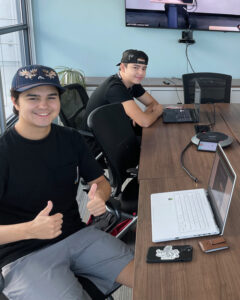
Dr. Martin Ginis says she hopes the program will encourage broader conversations about opportunities for greater student diversity within science.
“I hope this program helps create a sense of belonging, and the idea that there is a place where everyone can belong in science,” she says.
‘I could see myself working there one day’
That feeling of belonging resonated strongly with Noah Kaiser, a second-year student in civil engineering at UBC Okanagan. Kaiser first participated in the seed2STEM program in 2022. He had such a positive experience that he decided to return during his first year at UBC Okanagan to work as a peer mentor and help support future cohorts of students.
“I joined seed2STEM during my last summer before university, and I wasn’t sure if I wanted to spend that time at school,” he says. “But the experience opened up a new world to me and showed me the practical impact of engineering.”
During his first year as a peer mentor, Kaiser led a project to create an Indigenous curriculum for students in the seed2STEM program. “I wanted this to be something useful to students, and it was something that I knew I could bring to the table,” he adds.
For 16-year-old Nishaya Trinity Mercer, who is Kwakwaka’wakw and Nisga’a, her experience in the seed2STEM program last summer also inspired her to pursue post-secondary studies in science with the goal of working in the medical field one day.
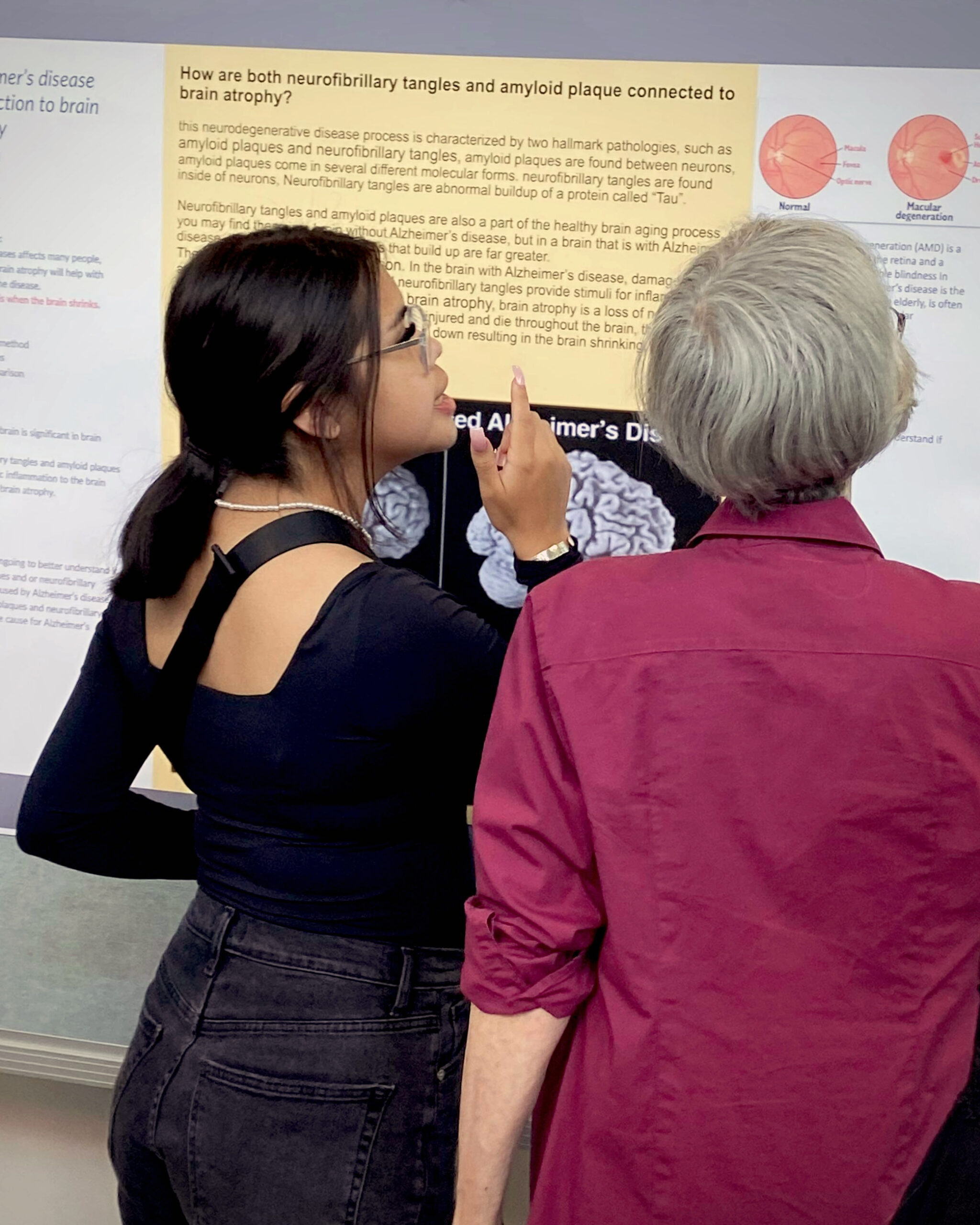
Mercer says she was admittedly nervous when she first stepped into the lab at UBC Vancouver, but she was quickly put at ease when she met the faculty and staff.
“They were encouraging and welcoming right from the start,” she says. “I could definitely see myself working there one day.”
For any Indigenous youth in B.C. considering applying to the program, Mercer has a simple message: “Apply! Don’t be nervous. It’s more than a summer program. It’s a step toward a future in STEM.”
This summer’s seed2STEM program runs July 2 to Aug. 9. The application deadline is April 2, but applications will continue to be accepted until the beginning of May depending on available spaces.
For more information on seed2STEM, including how to apply and how to support the program, visit: https://icord.org/issp/
Interview language(s): English
